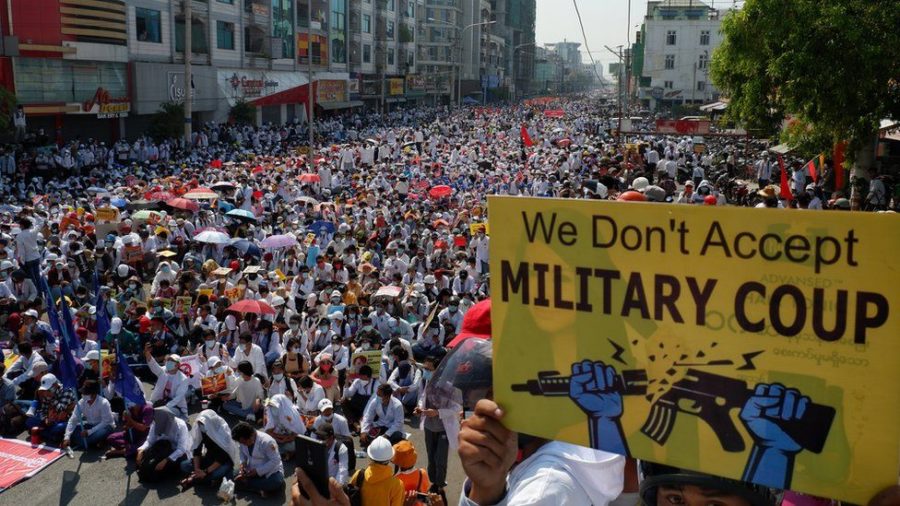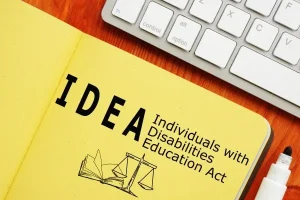Myanmar Protests Go Largely Unreported
May 17, 2021
The situation in Myanmar is grave. The 2021 Myanmar protests, also known as the Spring Revolution, have been taking place in opposition to the military seizing control on February 1, 2021.
Millions of demonstrators of all ages and backgrounds have taken to the streets daily in the South East Asian country Myanmar, also known as Burma. Hundreds have already been killed, with elected leader Aung San Suu Kyi and the members of her National League for Democracy party being detained.
Aung San Suu Kyi, who gained fame in the 1990s for her campaign of restoring democracy and was awarded the Nobel Peace Prize in 1991, rose victorious with her NLD party in the 2015 openly contested election of Myanmar. With Suu Kyi and the NLD party’s additional overwhelming win in the November, 2020 election, the military has justified its takeover by stating the existence of widespread voter fraud.
The win of Suu Kyi’s NLD party in a general reaction prompted the military to take charge. As Suu Kyi is being held at an unknown location facing numerous charges, the military declared a state of emergency of one year, after which an election would be held.
The man in lead of the coup d’etat is military commander-in-chief Min Aung Hlaing, who has already received international criticism for his participation in the military’s attacks against ethnic minorities. He has assumed the position of Chairman of the State Administration Council of Myanmar since 2 February 2021, making him the country’s de facto leader.
As daily protests have already been going on for months across Myanmar, security forces under the command of Gen. Min Aung Hlaing are responding to demonstrations in an increasingly violent manner.
Myanmar, with its precedent of reform movements, has seen advances in economic and political freedom and a transition into a hybrid democracy, according to CNN News. The undoing of all this in the hands of the military and Gen. Min Aung Hlaing is the subject of the protests; protesters want the military to be held fully accountable, power to be returned to civilian control, and Suu Kyi and other civilian leaders to be released.
Demonstrators are being led by young people who refuse to give up the democracy and freedoms they have been able to experience while growing up, unlike their parents’ and grandparents’ generations. Civil disobedience movements have also been on the rise, with thousands of white and blue-collar workers leaving their jobs as a means of resisting.
According to Amnesty International, however, the military, in addition to repressing independent media, is using increasingly violent and lethal methods usually used on the battlefield to quell the peaceful protesters. Tom Andrews, the UN special rapporteur for human rights in Myanmar, states that the military’s “brutal response” to peaceful protests is “likely meeting the legal threshold for crimes against humanity.”
Ultimately, the protests in Myanmar are largely going unheard and untold by the international community.


















































































































































